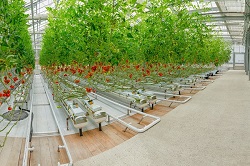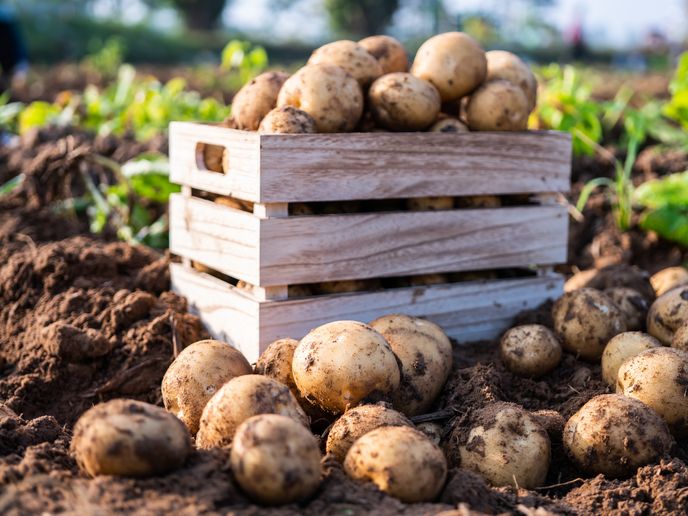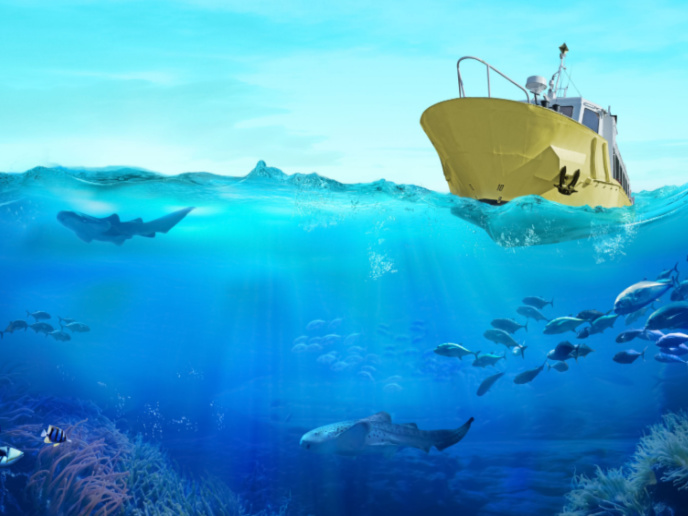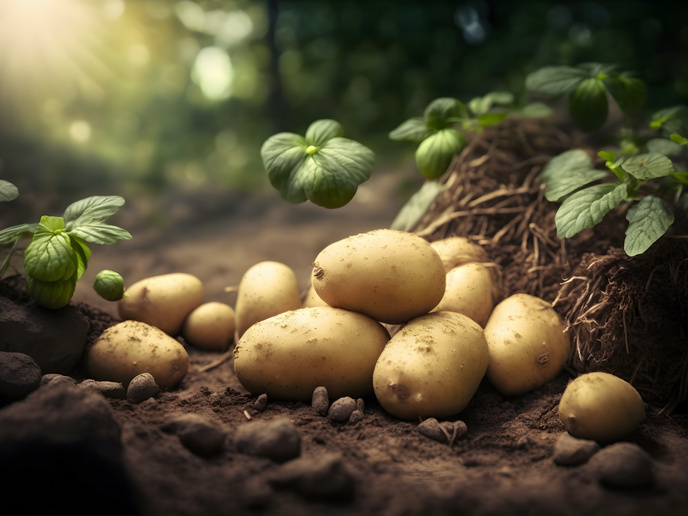Sustainable food production through aquaponics
While feeding a growing global population inevitably requires an increase in agricultural output, this cannot come about at any cost. In order to be sustainable over the long term, future production must ensure that water, energy and nutrients are managed efficiently, and that the principles of re-use and recirculation are respected. The EU-funded INAPRO project has successfully implemented new technological approaches to aquaponics, with fish waste providing an organic food source for plants and evaporated water returned to fish tanks reducing the need for additional daily freshwater to less than 3 % of total volume. Due for completion at the end of 2017, the project has helped demonstrate that near emission-free production of fish and vegetables – as well as significant energy and water savings – is possible. ‘In this way, the project will contribute markedly to food security for the 21st century and also help to support market access of aquaponics technology,’ notes the project’s scientific coordinator Dr. Daniela Baganz from the Leibniz-Institute of Freshwater Ecology and Inland Fisheries in Berlin, Germany. Efficient production by design In order to develop and demonstrate an efficient and viable aquaponics system, modelling approaches were first used to better understand different elements, such as the dynamic behaviour of animals and plants and the ideal design and construction of various components. A range of technologies were then assessed aimed at maximising production while minimising resource usage. These included optimised filters, systems to retrieve water via condensation, bespoke sensors, as well automation and production management software. ‘From this, project partners were able to develop modular configured aquaponics solutions that are scalable and adaptable to local requirements,’ says Baganz. ‘During the first project period for example, we were able to test a system that went on to produce perfect fish and tomatoes.’ In total, demonstration facilities were successfully constructed in Spain, Germany, Belgium and China. These helped the team to test the feasibility of various technologies at a larger scale and under different geographical and climate conditions. ‘Testing and evaluation, including a live cycle assessment of technological components, is still ongoing,’ says Baganz. ‘We hope that these demonstrations will help to convince stakeholders of the great potential in water and carbon footprint reduction, which in turn will help to further promote innovative aquaponics.’ Tapping the advantages of aquaponics One European sector that stands to gain from this anticipated aquaponics take-off, is food producers. ‘Much less water is needed, while the environmental impact is reduced due to nutrient recycling by the plants,’ says Baganz. ‘This means that additional fertilizer can be cut out, which is especially significant in terms of phosphorus. Price surges have already been observed and are likely to continue, given that phosphate is a non-renewable resource.’ The growth of aquaponics could also create a new market for system manufacturers and high-tech SMEs involving in sensors, automation and filtration. ‘Developing innovative, sustainable solutions for future agricultural production strengthens Europe’s global competitive advantage in high value-added products and services,’ says Baganz. ‘One of the project’s goals has been to create new market opportunities.’ In turn, the reduced impact that aquaponics has on the environment compared to conventional agricultural production, which can cause nutrient leaching, water pollution and eutrophication, could bring wider environmental and social benefits. Local aquaponics production would mean less need for food imports, resulting in a reduction in transport-based CO2 emissions. ‘While currently a small niche market, we predict that regional and resource friendly production will become of much greater importance in the near future,’ says Baganz. ‘We see the technology pioneered in INAPRO as highly promising in producing nutritionally high valued food sustainably, without environmental threats.’
Keywords
INAPRO, aquaculture, agriculture, aquaponics, food security, environmental, hydroponics, sustainable, re-use, recycling, waste management, recirculation, reduced emissions, recovered nutrients







